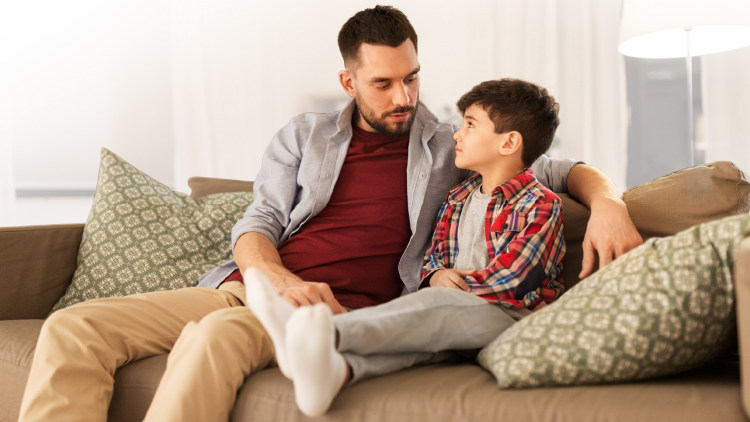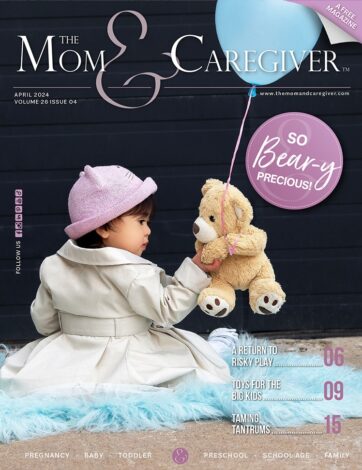Frankly Fatherhood – BIG Emotions
The other day, at after school pick-up, my six year old son seemed a bit down on himself and said “Daddy, nobody played at recess with me today”. I was quick to dismiss how he was feeling and deflect the statement with “I’m sure that’s not true. You have lots of friends”. Surprisingly, this did not cheer him up nor was it very sensitive of me, and while we continued to talk about it, I realized all I tried to do was change the way he was feeling.
We’re all guilty of this. When our kids come to us with emotional news, we often try to redirect their feelings and change them for something more positive. We say things like “it’s not that bad” or “walk it off” over a scraped knee. Crying over a broken toy gets us reminding our kids of the hundreds of other toys they have. And how often have you had to tell your kids to calm down when they are super excited over a play date, ice cream, or going on a special trip.
Our days are full of emotional ups and downs: traffic jams, the perfect cup of coffee, a colleague who is ill, or an upcoming dinner date. Our brains are constantly adjusting to the events and information around us as we regulate our feelings and behaviours. Our kids (no matter what age) are still learning these skills and they get easily caught up in the windstorm of big emotions. We often refer to them as dramatic, exaggerating, or over the top. And as fragile as our patience is some days, we need to take pause and remember to be the ones to model and teach how to deal with our feelings.
First, we should acknowledge the emotion. We need to be more present with them in that moment and make sure to tell them that it’s ok to feel this way. Label the feeling, restate the problem they are having, and talk about moments where you’ve felt the same way. Help your kids understand that what they feel is real and that you will share this moment with them. Get excited with them, cry with them, or laugh with them.
In retrospect (and for my own future reference) our recess conversation should have been: “I’m sorry you’re feeling this way son. Not having anyone to play with at recess today must have been sad and lonely. We all feel that way sometimes. I remember when I was your age and my friends wanted to play soccer without me. Seeing you sad makes me sad too. Maybe we can think about ways to ask your friends to play with you. Tell me exactly what happened again”.
Once the big emotion is shared, kids may be more open to redirection, encouragement, or problem solving for next time. Going through this process helps us to teach self-regulation and boost our kids’ emotional intelligence – both skills proven to help with overall well-being and achievement.
So next time your child has BIG emotions and the dramatic display is more than you can bear, take a breath and step into their world for a moment.
Frank Emanuele is a proud father of two boys, a special education teacher, and a director of Dad Club London.














